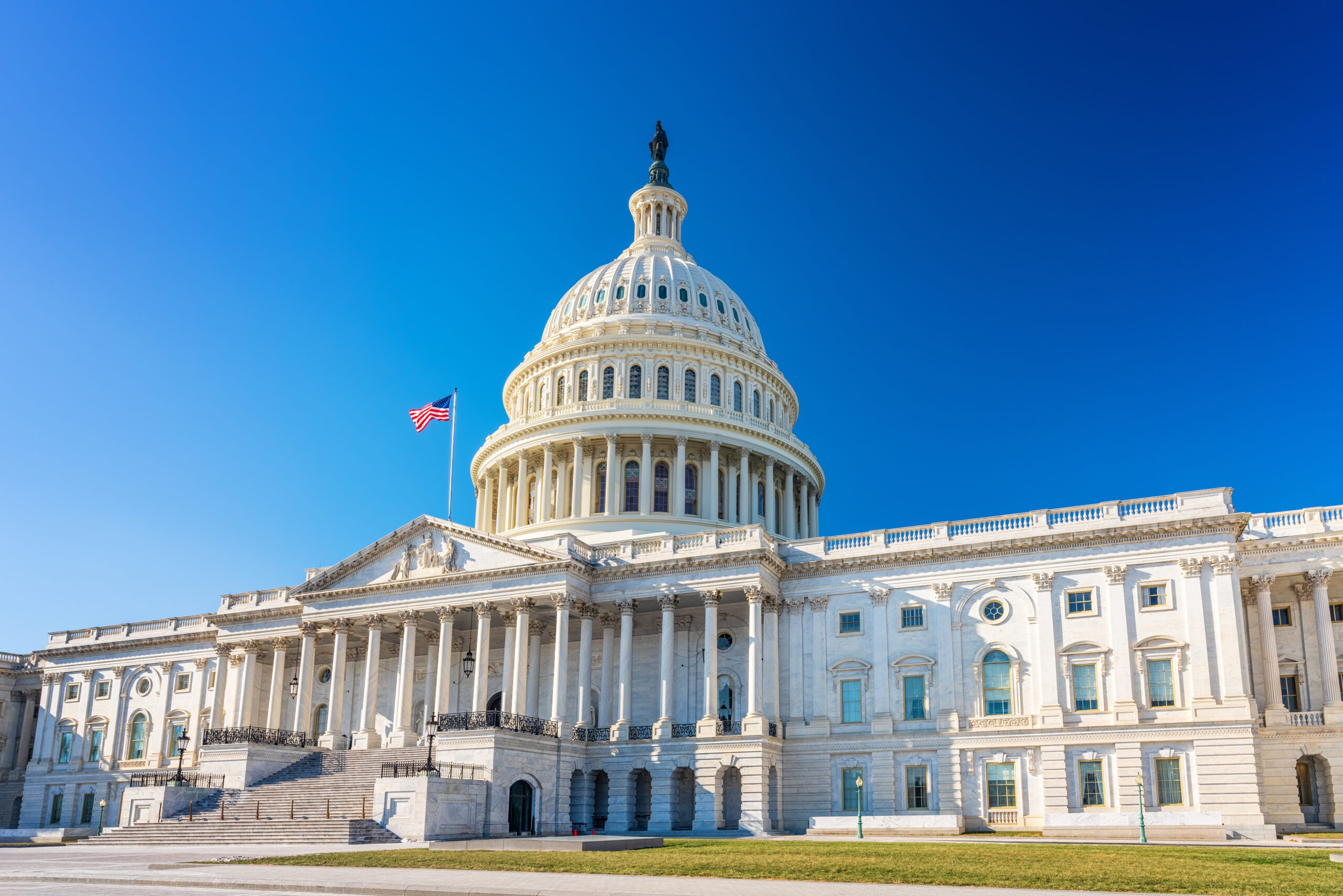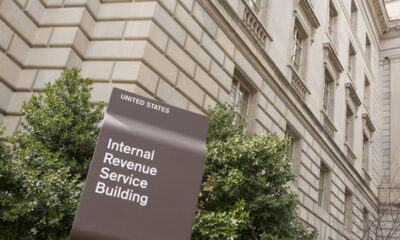FISA Reform Bill Stalled: Freedom Caucus Stands Firm

Speaker Mike Johnson (R-LA) on Wednesday announced the postponement of a vote on a pivotal government surveillance bill, pointing to at least a short-term victory for pro-reform lawmakers and a setback for those advocating for the status quo in government surveillance practices. Republican lawmakers have become deeply divided over the future of the Foreign Intelligence Surveillance Act (FISA).
The heart of the controversy lies in Section 702 of FISA, a provision that, while aimed at surveilling foreign targets, has raised serious concerns over the incidental collection of communications involving American citizens. Critics argue that this effectively circumvents the Fourth Amendment’s warrant requirement, a cornerstone of American privacy rights.
Reps. Thomas Massie (R-KY). Andy Biggs (R-AZ) and House Judiciary Chair Jim Jordan (R-OH) have been leading voices in the demand for significant reforms to Section 702. The proposed reforms center on introducing a strict judicial warrant requirement for accessing Americans’ communications. That requirement would aim to restore a balance between national security needs and the plain language of the Fourth Amendment.
The proposed amendments by pro-reform lawmakers received a cold shoulder from the House Intelligence Committee, which opted not to engage in the amendment process.
Some have perceived the Intelligence Committee’s reluctance to engage with proposed reforms as a tactical retreat aimed at preserving their version of the bill at the expense of a more comprehensive debate on FISA’s future. This move has sparked accusations of bypassing the Judiciary Committee and ignoring the demands for more stringent privacy protections.
Critics of the bill, including Massie and Rep. Ralph Norman (R-SC), have highlighted the need for robust checks and balances in government surveillance practices. They argue that the current framework allows for potential overreach and the infringement of citizens’ privacy rights without adequate judicial oversight.
The Freedom Caucus, a key player in the push for FISA reform, has been at the forefront of this debate, advocating for changes that would ensure greater accountability and transparency in surveillance activities. Their efforts and those of progressive allies underscore a rare bipartisan agreement on the need to safeguard civil liberties in the face of expanding government powers.
The postponement of the FISA reauthorization bill represents not just a legislative hiccup but a pivotal moment in the ongoing discussion about privacy, security, and the role of government in the digital age. It serves as a reminder of the enduring importance of the Fourth Amendment and the need for vigilant oversight to prevent its erosion in the name of national security.






















